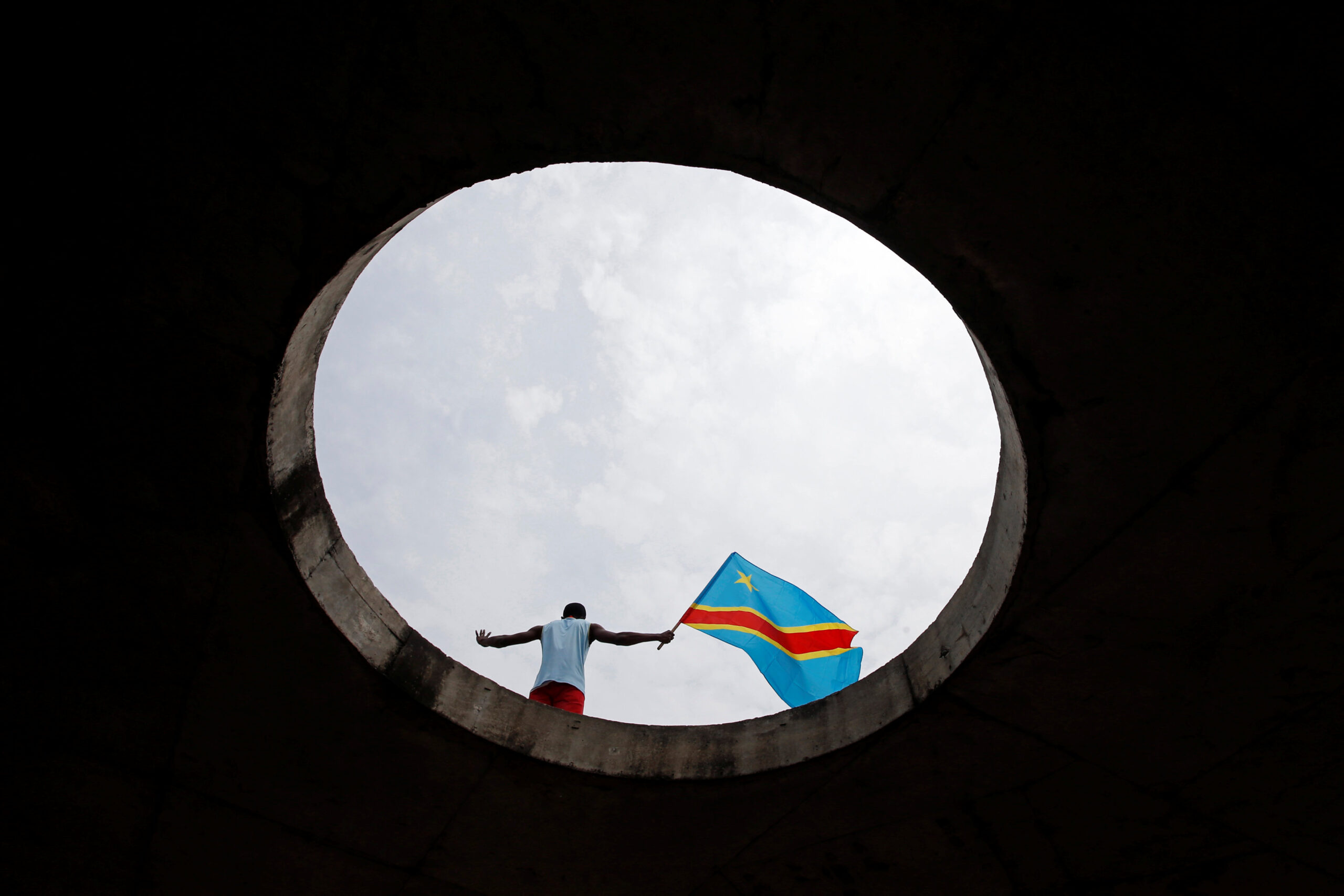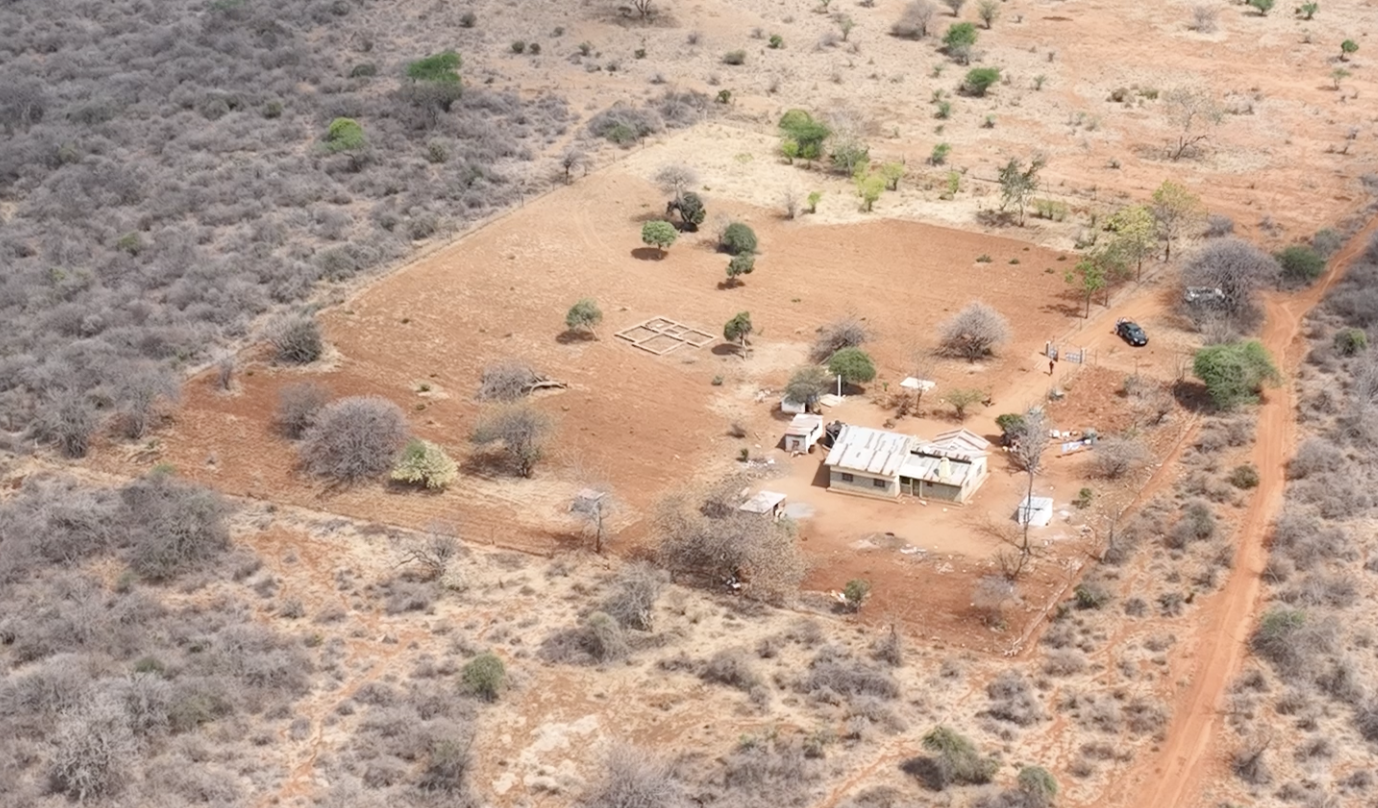
Congolese youth yearn for change after disputed presidential election
The outcome of the presidential election in the Democratic Republic of Congo (DRC) has caused sharp divisions among Congolese citizens.

The declaration of opposition leader Felix Tshisekedi as the winner of the polls sparked an uproar among supporters of Martin Fayulu who say their candidate won by over 60 percent.
The vote was crucial for many Congolese especially the youth, participating in their first election seeking better services, more jobs and an end to corruption.
Theophile Faraja, a student of electronics at the Institute Superior Des Technique in Kinshasa, voted for the first time in the December 30 poll.
Like most Congolese, he has been following political developments in the DRC very keenly.
“We want the new leader to change the way things are done in our country. There’s a lot of suffering. There are no jobs. Many people who have completed school are unemployed,” he said in an interview.
The DRC’s previous election was held in 2016. Faraja was ineligible to vote back then because he was below 18. But he’s now come of age and knows the issues that are critical for the country’s development.
“People have been yearning for change because our social situation has been bad for many years. All we want is a new leadership,” Faraja said.
On Thursday, the electoral commission declared Tshisekedi the winner of the elections with seven million votes.
But the declaration was disputed by his main rival and observers from the Catholic Church.
Mr Fayulu has filed a petition at the Constitutional Court challenging the results.
 The uncertainty over the presidential election has seen regional leaders back calls for a vote recount while the Southern African Development Community (SADC) is pushing for a unity government.
The uncertainty over the presidential election has seen regional leaders back calls for a vote recount while the Southern African Development Community (SADC) is pushing for a unity government.
President Joseph Kabila is set to leave office later this month after 17 years in power.
But Prof Nkere Ntanda, a political analyst, believes he will still have a lot of influence on the governance of the DRC.
“He won’t disappear as such because he will continue to be the moral authority as it’s commonly referred to in this country of the FCC which is a front that brings together parties from the majority as well as the opposition,” Prof Ntanda said.
For Faraja and other Congolese youngsters, they hope their country will become a great nation after the new leader takes office.
Story by Chris Ocamringa






